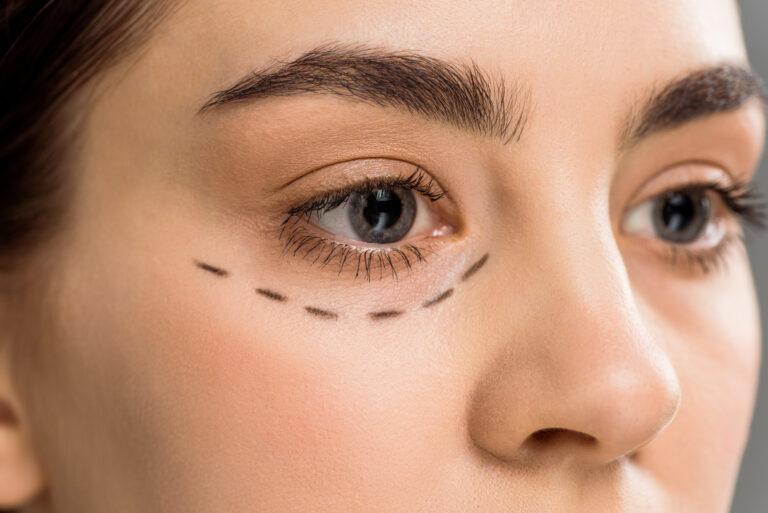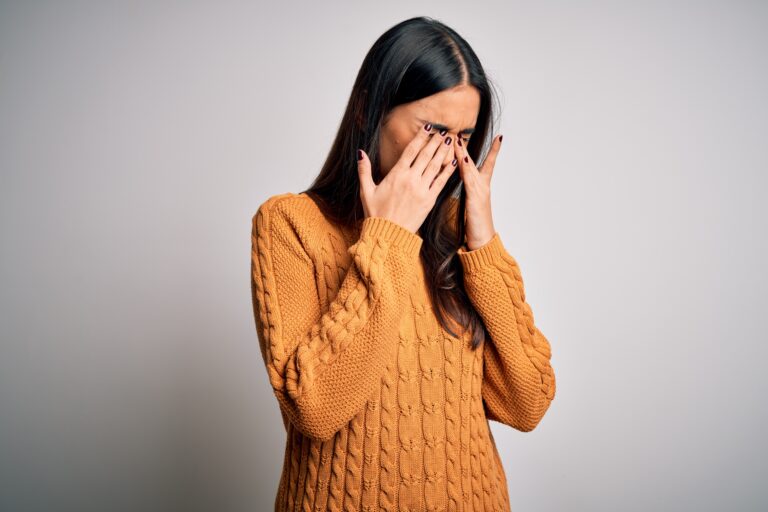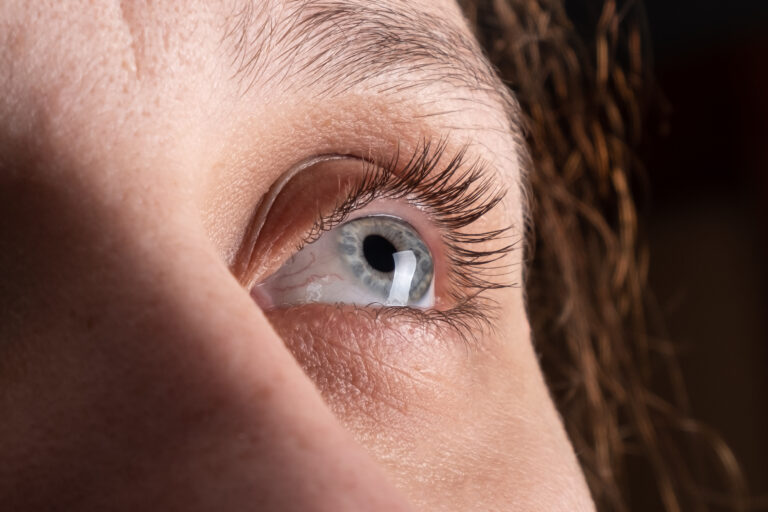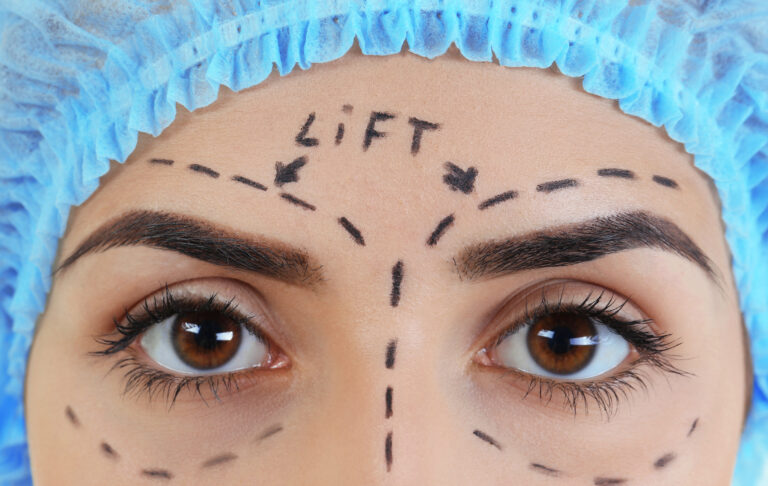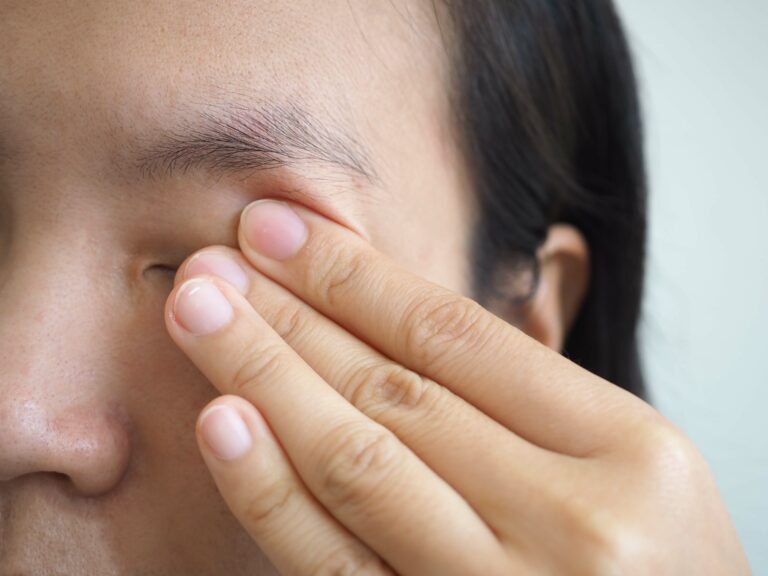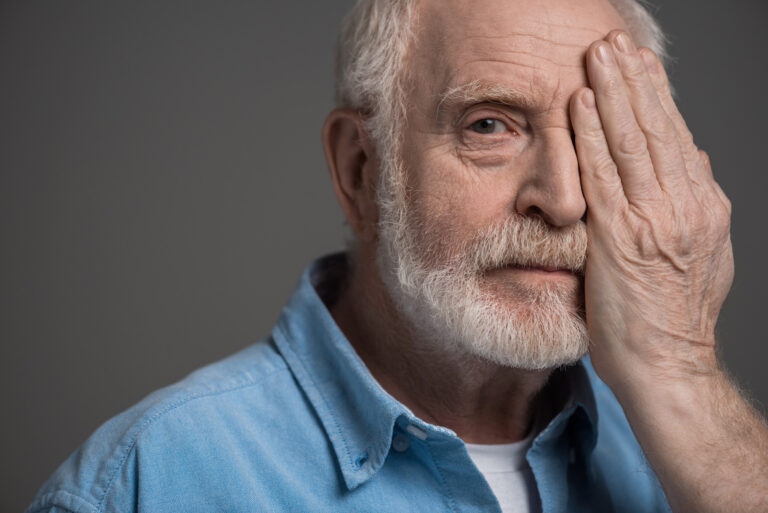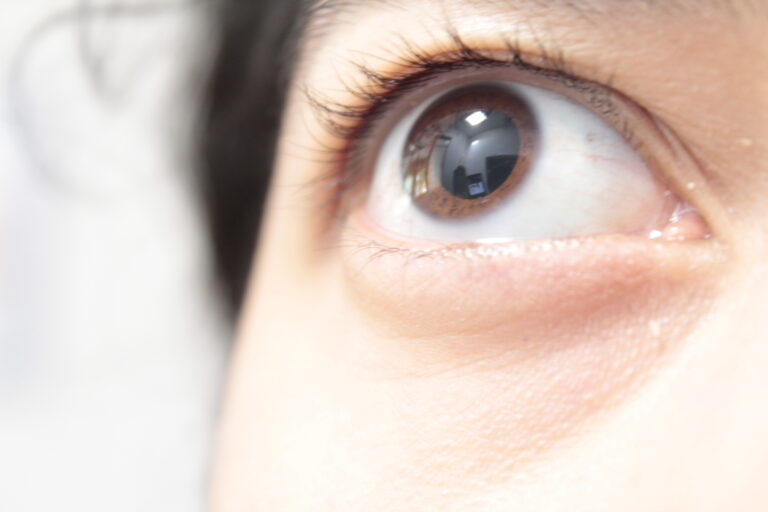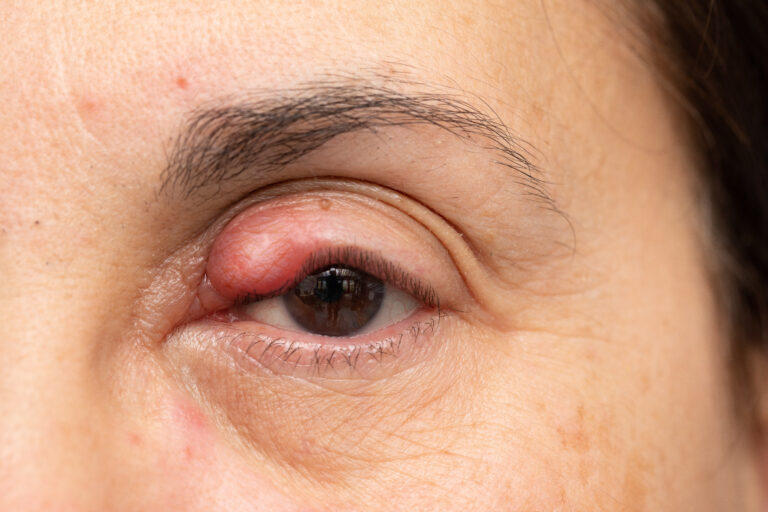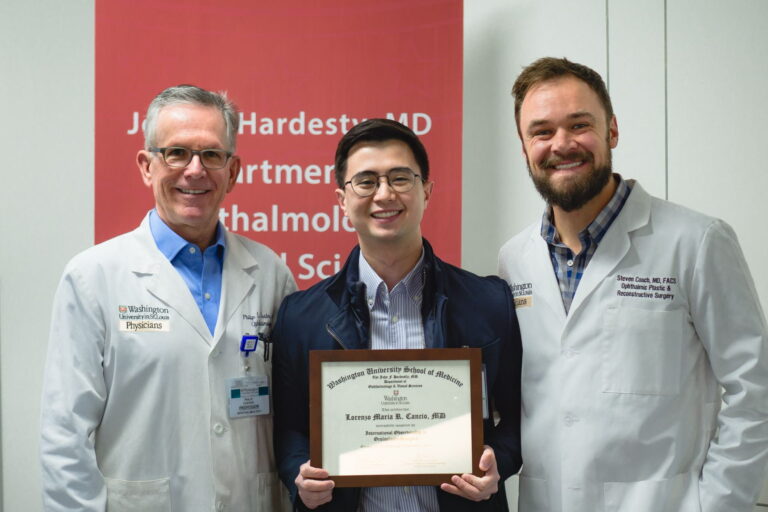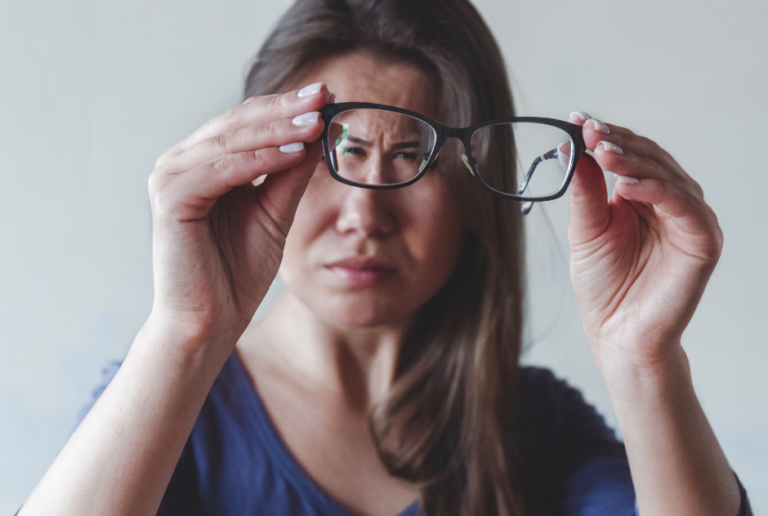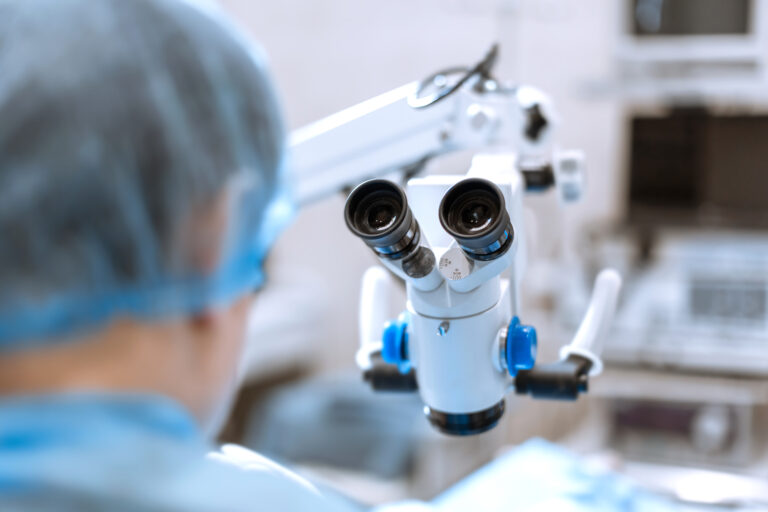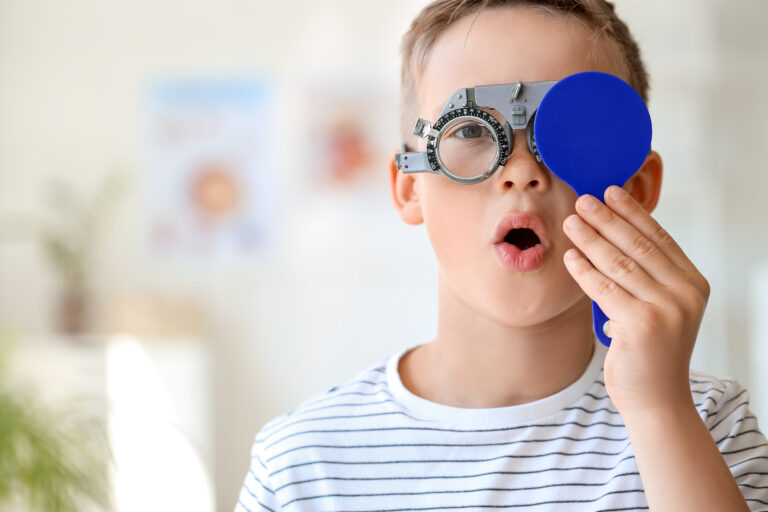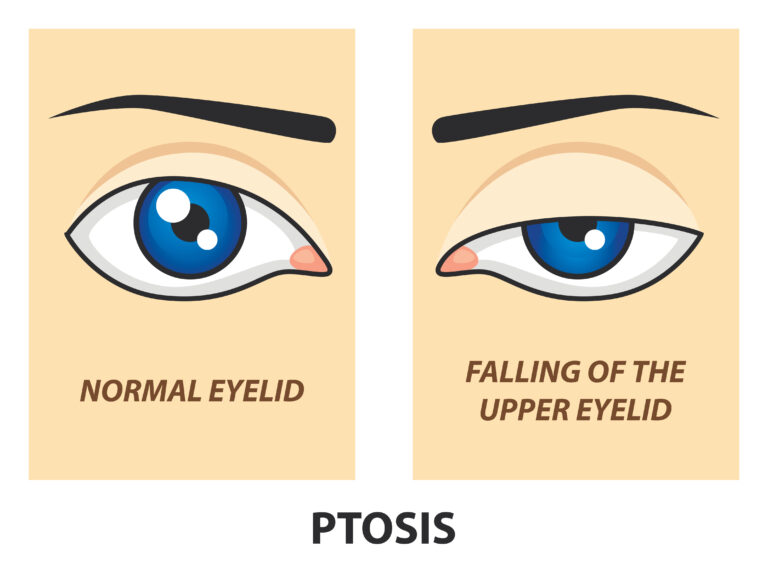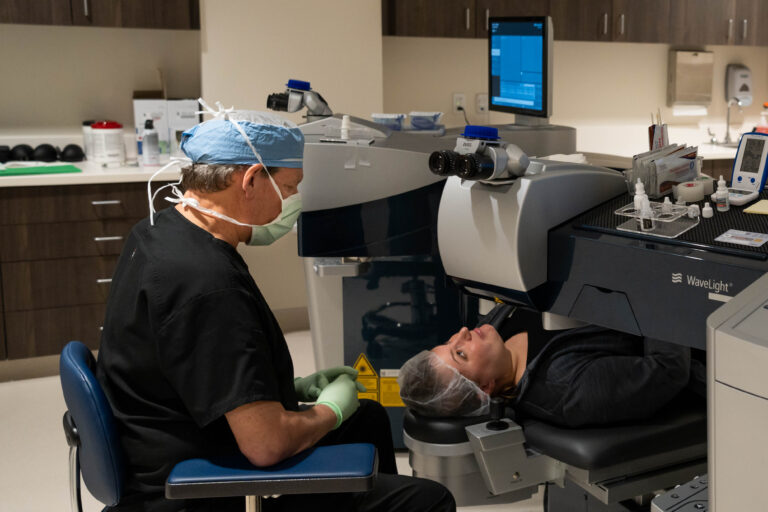Items

100th Anniversary Media Request
Help us celebrate our 100 year anniversary.
With our 100th anniversary just around the corner, we need your help. We would like to collect media memorabilia from our alumni, faculty, and staff to use in a celebratory documentary/presentation. Please submit your media using this form.
Apte Lab
Rajendra Apte, MD, PhD, Paul A. Cibis Distinguished Professor of Ophthalmology and Visual Sciences
Innate immunity and immune effector mechanisms in the retina; oxidative stress and cell death; models of developmental angiogenesis and neovascularization; inflammation and photoreceptor survival; macular degeneration
Bassnett Lab
Steven Bassnett, PhD, Professor, Ophthalmology & Visual Sciences, Cell Biology & Physiology
Understanding the cellular basis of transparency and accommodation in the lens of the eye
Blumer Lab
Ken Blumer, PhD, Professor, Cell Biology and Physiology
Currently our goals are to elucidate the mechanistic and physiological functions of RGS proteins in the cardiovascular, nervous and visual systems through biochemical, cell biological, genetic and physiologic studies of knockout and transgenic mice.
Burkhalter Lab
Andreas Burkhalter, PhD, Professor, Neuroscience
Our studies of the visual system in mice are aimed at understanding how the visual cortex is subdivided into different areas, how the network of connections between areas develops, how it is organized in the adult and how it is altered by visual experience. Interareal networks are important for visual perception and visually guided actions.
Chen Lab
Shiming Chen, PhD, Professor, Ophthalmology and Visual Sciences Professor, Developmental Biology
The major goal of our laboratory research is to identify the molecular mechanism(s) regulating photoreceptor gene expression in the mammalian retina and the implications of these mechanisms for understanding photoreceptor degenerative diseases and developing therapeutic treatments for these diseases.
Clark Lab
Brian Clark, PhD, Assistant Professor, Ophthalmology and Visual Sciences
Analysis of the temporally regulated program of retinal cell type specification.
Corbo Lab
Joseph Corbo, MD, PhD, Associate Professor, Pathology & Immunology
We are interested in the transcriptional regulatory networks that underlie the development, evolution, and diseases of photoreceptors in the retina. We are taking a multi-disciplinary approach to the problem of how a network of transcription factors orchestrates the expression of distinct cohorts of downstream genes to build this complex micromachine, the photoreceptor cell.
Ferguson Lab
Thomas Ferguson, PhD, Professor, Ophthalmology and Visual Sciences
The laboratory studies the role of autophagy in the pathogenesis of eye diseases such as age-related macular degeneration (AMD) and other retinal degenerative diseases.
Gordon Lab
Mae Gordon, PhD, Professor, Ophthalmology and Visual Sciences; Professor, Division of Biostatistics
Dr. Gordon works closely with the Vision Research Coordinating Center. The mission of the Vision Research Coordinating Center (VRCC) is to conduct pilot studies to provide a sound scientific foundation for more definitive larger studies to develop new outcome measures, to design and implement observational studies and clinical trials. The VRCC also serves as the coordinating center for two multi-center clinical studies funded by the National Institutes of Health.
Huang Lab
Andrew Huang, MD, MPH, Professor, Ophthalmology and Visual Sciences
- Corneal epithelial wound healing
- Corneal neovascularization
- Corneal stromal dystrophies
- Corneal Stem cells and Dry eye
Kass Lab
Michael Kass, MD, Professor, Ophthalmology and Visual Sciences
Diagnosis, treatment and epidemiology of glaucoma
Kerschensteiner Lab
Daniel Kerschensteiner, MD, Professor, Ophthalmology and Visual Sciences; Professor, Neuroscience; Professor, Biomedical Engineering
We would like to understand the principles that guide the assembly of neural circuits and to decipher the way they process information. Our efforts concentrate on the mammalian retina.
Margolis Lab
Todd P. Margolis, MD, PhD, Alan A. and Edith L. Wolff Distinguished Professor and Chairman, Ophthalmology and Visual Sciences
The primary focus of the Margolis laboratory is research on the cellular and molecular mechanisms that regulate the establishment and maintenance of latent neuronal infection with herpes simplex virus (HSV). Ongoing research is aimed at documenting the role of both neuronal and viral gene expression in the establishment and maintenance of HSV latency.
Morgan Lab
Josh Morgan, PhD, Assistant Professor, Ophthalmology and Visual Sciences
The goal of our lab is to identify the structural and developmental principles that turn agglomerations of cells into image processing circuitry.
Rajagopal Lab
Rithwick Rajagopal, MD, PhD, Assistant Professor, Ophthalmology and Visual Sciences
- Pathogenic mechanisms in diabetic retinopathy
- neuronal damage in diabetes mellitus
Shiels Lab
Alan Shiels PhD, Professor, Ophthalmology & Visual Sciences, and Genetics
Our research focuses on the molecular genetic basis of eye diseases including; cataracts, glaucoma and eye movement disorders.
Siegfried Lab
Carla Siegfried, MD, Jacquelyn E. and Allan E. Kolker, MD, Distinguished Professor of Ophthalmology and Visual Sciences
Glaucoma: The diagnostic and therapeutic assessment of glaucoma, including pharmacological, surgical, and laser treatment, patient support and decision making models in glaucoma.
Snyder Lab
Lawrence Snyder, MD, PhD, Professor, Neuroscience
My laboratory studes how the brain, and especially the cerebral cortex, combines sensory information with higher order cognition (rules, memory, etc.) in order to drive motor commands. Much of our work is focused on spatial processing for guiding eye and arm movements.
Soto Lab
Florentina Soto, PhD, Assistant Professor, Ophthalmology and Visual Sciences
Studies in my laboratory aim to determine the role of ATP-mediated (purinergic) neurotransmission in the mammalian retina.
Tychsen Lab
Lawrence Tychsen, MD, John F. Hardesty, MD, Distinguished Professor of Ophthalmology and Visual Sciences; Professor, Neurobiology; Professor, Ophthalmology in Pediatrics, Dept of Pediatrics
Dr. Tychsen’s laboratory work is focused broadly on development of binocular vision in infant humans and monkeys, and specifically on neural mechanisms in strabismus (the clinical disorder of crossed-eyes)
Van Stavern Lab
Gregory Van Stavern Associate Professor, Ophthalmology and Visual Sciences
- Multiple sclerosis
- neuroimmunology
- idiopathic intracranial hypertension
View More
Vladimir Kefalov, PhD publications
Walsh Lab
James T. Walsh, MD, PhD Assistant Professor, Ophthalmology and Visual Sciences
The Walsh lab studies the local communication between the eye and the adaptive immune system, and how this local immunity can be utilized to improve diagnosis and treatment of ocular autoimmunity.
